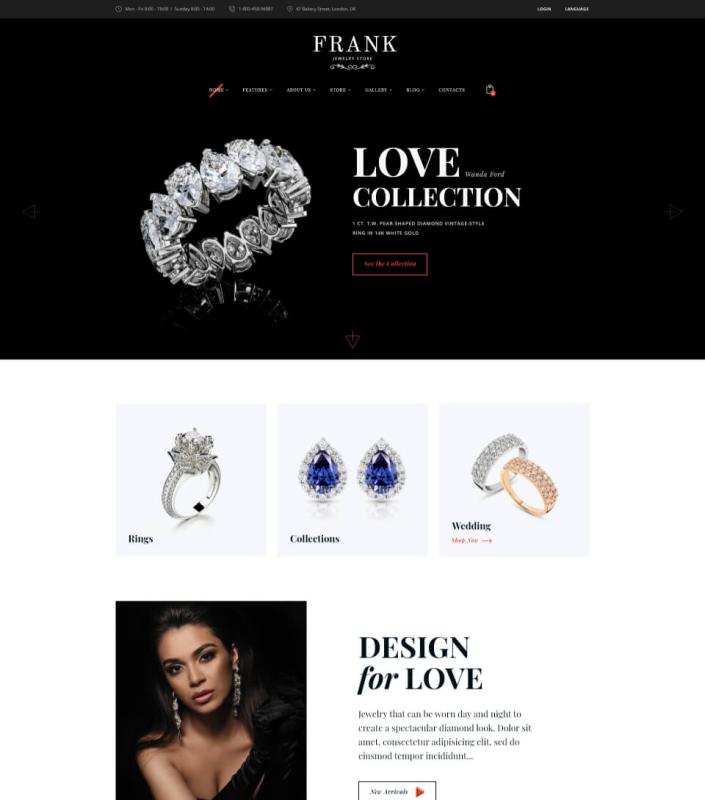What is Branding? Understanding Its Importance in 2024
Branding is a fundamental concept in the business world, representing the identity and perception of a company or product in the eyes of its target audience. In 2024, as the market landscape continues to evolve with digital advancements and shifting consumer expectations, understanding branding has become more crucial than ever. This article delves into what branding truly means and why it holds significant importance in today’s dynamic business environment.
Defining Branding
1. The Essence of Branding:
Branding encompasses the strategies and efforts used to create a distinct image and identity for a business or product. It involves shaping how customers perceive and experience the brand, including its values, mission, and personality. Effective branding helps differentiate a business from its competitors and fosters a unique connection with its audience.
2. Components of Branding:
- Brand Identity: Includes visual elements such as logos, colors, fonts, and design. These elements create a recognizable and memorable appearance for the brand.
- Brand Positioning: Defines how a brand is positioned in the market relative to competitors. It involves identifying target audiences and understanding their needs and preferences.
- Brand Voice: The tone and style of communication used in marketing and customer interactions. It reflects the brand’s personality and values.
- Brand Values: The core principles and beliefs that guide a brand’s actions and decisions. These values resonate with customers and build trust and loyalty.
The Importance of Branding in 2024
1. Building Trust and Credibility: In 2024, consumers are increasingly discerning and seek out brands that demonstrate authenticity and reliability. A strong brand identity and clear messaging help build trust and credibility, making customers more likely to choose and remain loyal to your brand over time.
2. Differentiation in a Competitive Market: With the proliferation of digital platforms and global competition, standing out in the market is more challenging than ever. Effective branding helps create a unique position for your business, distinguishing it from competitors and capturing the attention of your target audience.
3. Enhancing Customer Experience: Branding goes beyond visual elements; it encompasses the overall customer experience. In 2024, consumers expect seamless, personalized interactions with brands. A well-defined brand identity helps ensure that every touchpoint—whether online or offline—reflects consistent messaging and values, enhancing the overall customer experience.
4. Driving Emotional Connection: Modern consumers make purchasing decisions based on emotions and personal connections. Branding plays a crucial role in creating emotional resonance with your audience. By conveying authentic values and engaging storytelling, your brand can forge a deeper emotional bond with customers, leading to increased loyalty and advocacy.
5. Supporting Brand Equity: Brand equity refers to the value that a brand adds to a product or service. In 2024, strong branding contributes significantly to brand equity by enhancing brand recognition, perceived value, and customer loyalty. High brand equity can lead to premium pricing, greater market share, and a competitive advantage.
6. Leveraging Digital and Social Media: Digital and social media platforms are central to modern branding efforts. In 2024, leveraging these platforms effectively allows brands to reach a broader audience, engage with customers in real-time, and manage their online reputation. Consistent branding across digital channels helps reinforce brand identity and ensures a cohesive online presence.
7. Adapting to Changing Trends: The business landscape is constantly evolving, with new trends and technologies shaping consumer behavior. Branding in 2024 requires adaptability to stay relevant and resonate with changing market dynamics. This includes embracing emerging technologies, sustainability practices, and shifting consumer preferences.
Strategies for Effective Branding in 2024
1. Develop a Clear Brand Strategy: A well-defined brand strategy outlines your brand’s mission, vision, values, and goals. It provides a roadmap for how your brand will be positioned and perceived in the market. Regularly revisit and refine your brand strategy to align with evolving trends and consumer expectations.
2. Create a Consistent Brand Identity: Ensure that your brand identity—visual elements, messaging, and tone—is consistent across all platforms and touchpoints. Consistency helps reinforce your brand’s image and enhances recognition and trust.
3. Engage with Your Audience: Build meaningful relationships with your audience by actively engaging with them through social media, content marketing, and customer service. Listen to their feedback, respond to their needs, and create personalized experiences to strengthen your brand’s connection with customers.
4. Emphasize Authenticity and Transparency: In an era of increased consumer scrutiny, authenticity and transparency are vital. Be honest about your brand’s values, practices, and commitments. Demonstrating genuine efforts towards sustainability, social responsibility, and ethical practices can enhance your brand’s reputation.
5. Leverage Data and Analytics: Utilize data and analytics to gain insights into customer behavior, preferences, and trends. This information helps you make informed decisions about branding strategies and adjustments, ensuring that your brand remains relevant and effective.
Conclusion
In 2024, branding is more than just a logo or tagline; it is the essence of how your business is perceived and experienced by consumers. Building a strong, authentic brand identity is crucial for standing out in a crowded market, fostering trust and loyalty, and driving long-term success. By focusing on clear brand strategies, consistent messaging, and meaningful engagement, businesses can navigate the complexities of the modern market and build a lasting, impactful brand services.










Comments